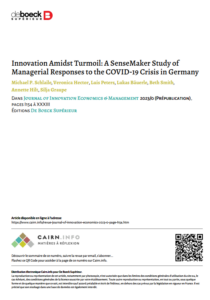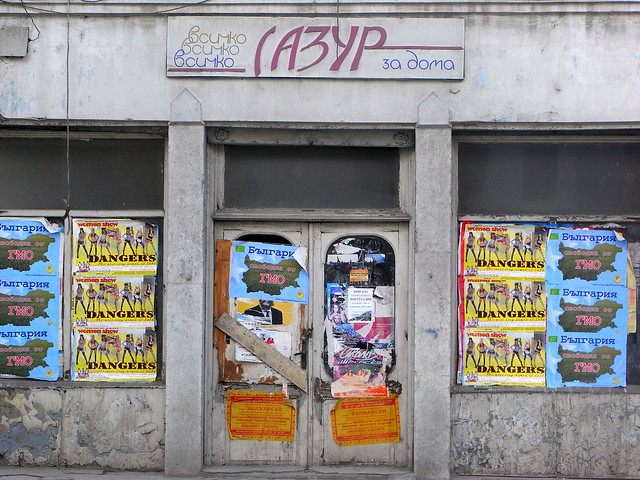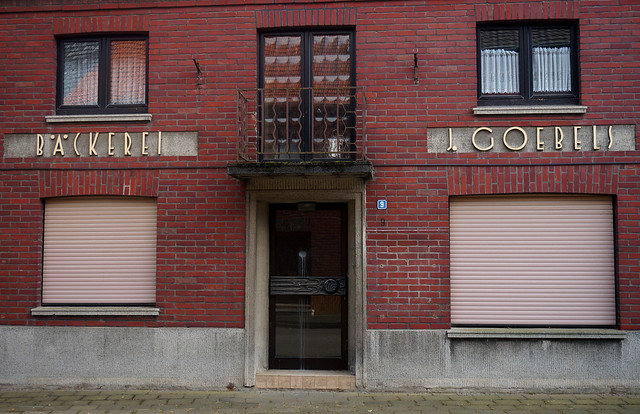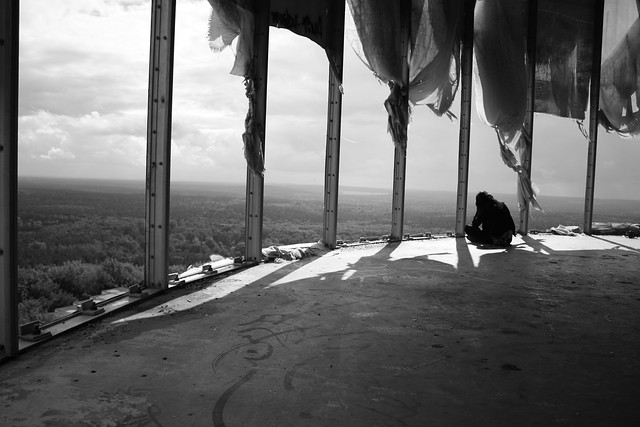Economic abundance in thought and action
Many of today’s crises – including the climate and biodiversity crises, existential poverty and a political mood of powerlessness – have to do with the way we do business. But economic practice is not a natural necessity: it is made by people.
Against this background, an understanding of the role of economic knowledge in transformation processes becamos a paramount task of social sciene. In addition to a critical reflection of standard economic approaches, the focus is on the examination of the abundance of existing and possible economies: for example, in the form of organisational or production designs or of imaginaries and transition paths for future-fit economies. This understanding must be incorporated into democratic, public processes in which a Good Life for all is negotiated and realised.
As scientists, we are inevitably part of this public process and in this respect we are always positioned. Our actions or non-actions always make a difference. To understand these effects means to principally be able to justify scientific practice.
Out now
 Schlaile, Michael; Hector, Veronica; Peters, Luis; Bäuerle, Lukas; Smith, Beth; Hilt; Annette; Graupe; Silja (2024): Innovation Amidst Turmoil: A SenseMaker Study of Managerial Responses to the COVID-19 Crisis in Germany. In: Journal of Innovation Economics and Management 43(1), 285-318. Online here.
Schlaile, Michael; Hector, Veronica; Peters, Luis; Bäuerle, Lukas; Smith, Beth; Hilt; Annette; Graupe; Silja (2024): Innovation Amidst Turmoil: A SenseMaker Study of Managerial Responses to the COVID-19 Crisis in Germany. In: Journal of Innovation Economics and Management 43(1), 285-318. Online here.











